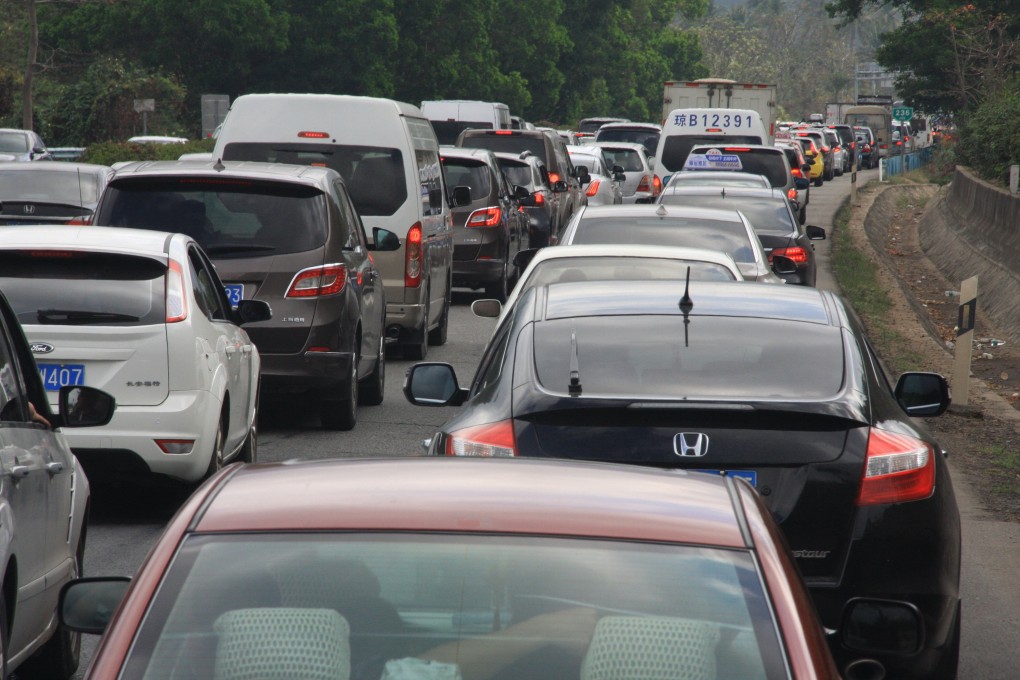‘China’s Hawaii’ to ban sale of conventional cars from 2030 in boost to Beijing’s climate change goals
- China’s southernmost province says 45 per cent of vehicles on its roads will be powered by batteries by 2030
- To support a rapid increase in EV use, Hainan will also build a large number of charging stations by 2025

The Hainan government is China’s first provincial level administration to unveil a time frame for banning cars powered by petrol and diesel engines. “All cities and counties will achieve the goal of zero [carbon dioxide] emissions by vehicles in 2030,” it said in the document.
The pledge is in line with goals of peak carbon emissions by 2030 and carbon neutrality by 2060 set by Chinese President Xi Jinping for the whole country in September 2020.
“Hainan’s plan to ban conventional car sales in 2030 is an important step taken by a local Chinese government to [reinforce] Beijing’s determination to achieve its carbon peaking goal and to tackle the issue of global warming,” said Gao Shen, an independent analyst in Shanghai.
Hainan’s document also came after 277 weather stations across mainland China reported record temperatures this month that led to the suspension and reduction of manufacturing activity in areas such as southwestern Sichuan province.